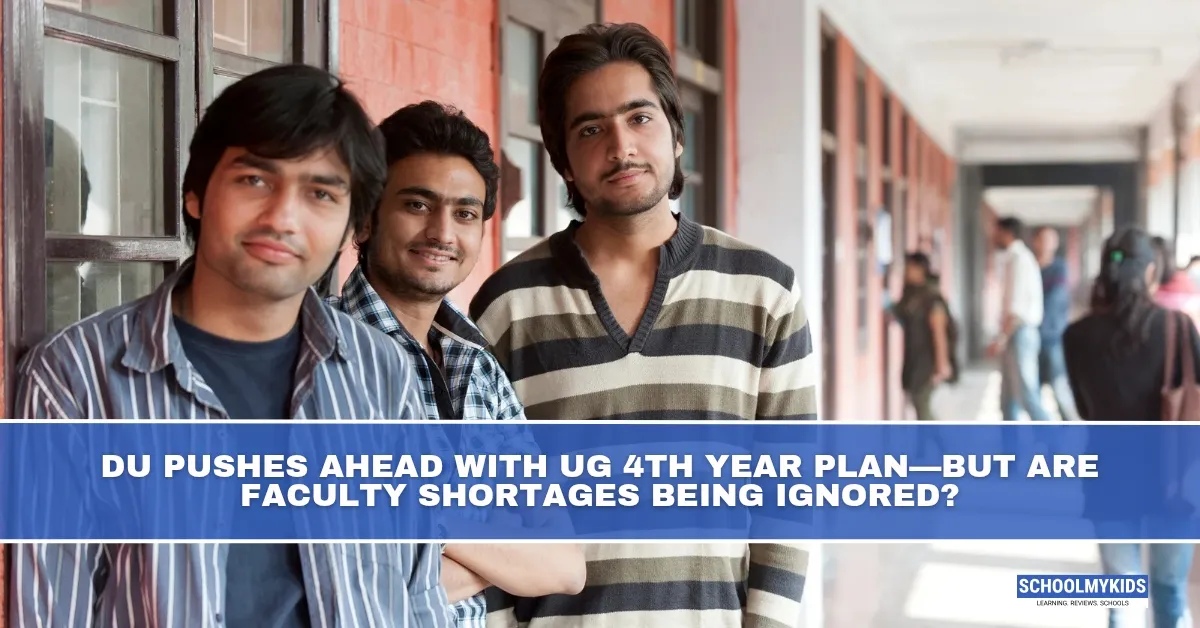The University of Delhi (DU) is moving full steam ahead with its implementation of the four-year undergraduate programme (FYUP), marking a major academic shift aligned with the National Education Policy (NEP) 2020. With the 2025–26 academic session approaching, the university has reiterated its commitment to launching the fourth-year honours and honours with research degrees. However, concerns around faculty shortages and implementation logistics continue to raise eyebrows among students and educators alike.
The Vice Chancellor's Assurance
DU Vice Chancellor Yogesh Singh recently addressed growing apprehensions around staffing, assuring stakeholders that regular faculty members will handle the newly introduced fourth-year classes. Guest faculty, he clarified, will be restricted to teaching junior undergraduate levels. This statement, while intended to allay concerns, has not entirely quelled fears regarding overburdened departments and limited availability of subject specialists.
Ground-Level Challenges
Despite policy clarity at the top, colleges across Delhi report a significant shortfall in teaching staff. With many departments already functioning at stretched capacity, the prospect of an additional academic year adds pressure without clear signs of increased hiring. Critics argue that without bolstering faculty strength, quality may suffer, and students may not receive the mentorship necessary for research-intensive courses.
Students Caught in the Middle
For students, the rollout of the fourth year brings both opportunities and anxiety. While it opens doors to deeper research and academic credits that align with international education standards, the uncertainty around infrastructure and faculty support raises questions about the actual benefits of staying on for the extended duration.
A Mixed Outlook
While DU’s intentions align with national reforms, the implementation reveals a complex picture. Unless systemic faculty recruitment and training are prioritized, the vision of a holistic four-year undergraduate program may remain aspirational rather than transformative.








Be the first one to comment on this story.